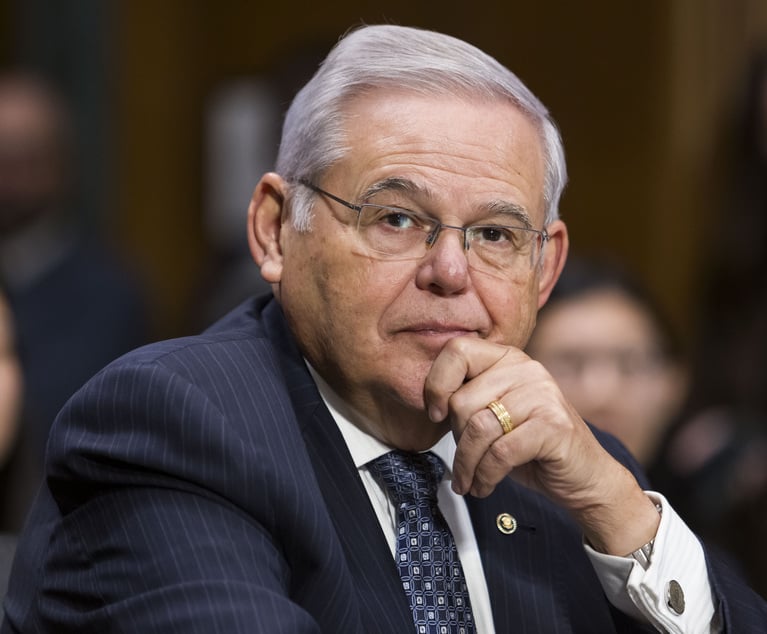The significance of the Crime Victims’ Rights Act (CVRA), which is intended to guarantee crime victims a role in federal criminal proceedings, has been highlighted in the case of Jeffrey E. Epstein, the financier accused of sexually trafficking underage girls. Because the government’s noncompliance with the CVRA in negotiating Epstein’s plea deal in 2008 led to the former U.S. Attorney for the Southern District of Florida, Alexander R. Acosta, losing his cabinet position as Secretary of Labor, practitioners can expect prosecutors and judges to be more focused on the CVRA going forward.
Worthy of the attention of white-collar practitioners is the currently pending motion by two victims in the Epstein case to rescind the key portions of Epstein’s non-prosecution agreement—those that barred his prosecution in the Southern District of Florida—based on the court’s prior finding that the government violated the CVRA. Although Epstein’s death this past weekend in an apparent suicide now makes it unlikely that the court will rule on that aspect of the motion, the possibility that a violation of the CVRA could result in the rescission of a non-prosecution agreement has implications for white-collar practitioners and their clients.


 Robert J. Anello and Richard F. Albert
Robert J. Anello and Richard F. Albert




